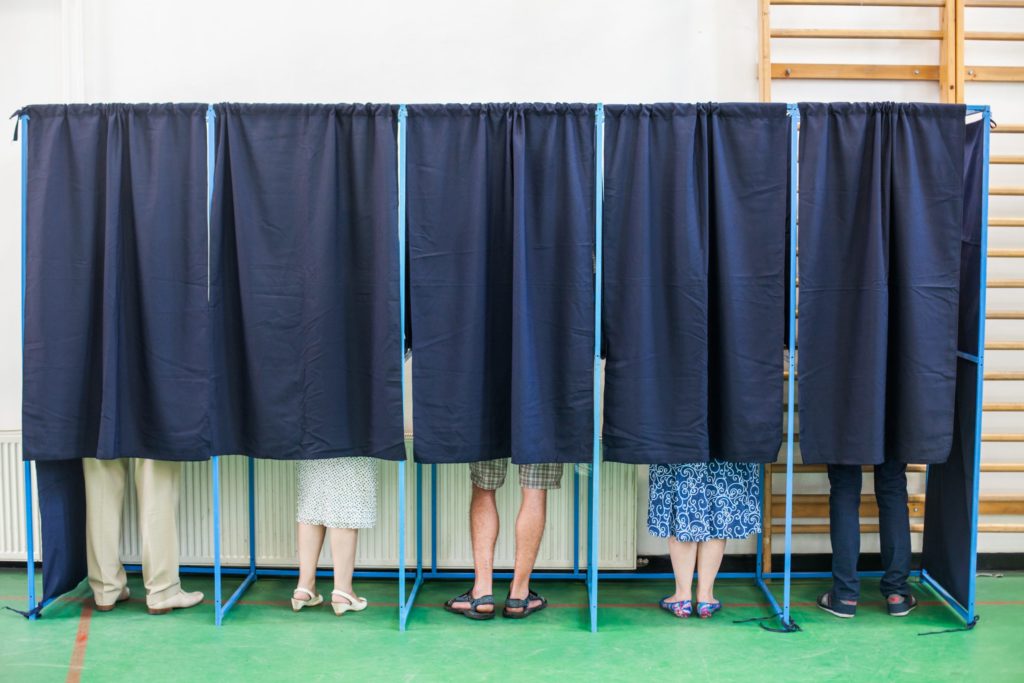How Tennessee is punishing student loan debt by taking away people’s jobs
Shannon Otto was a 30-year-old, Nashville-based nurse and mother of two when she unexpectedly fell ill with epilepsy. While battling debilitating seizures, she frequently missed work and her medical bills quickly piled up. Eventually, she was forced to choose between paying her medical expenses or her nursing school loans. She understandably focused on her medical bills.
After defaulting on her student loans, the state mailed her a notice announcing that her nursing license had been revoked. Without the appropriate occupational license, she could no longer work as a nurse, and Shannon’s nightmare quickly worsened.
Unfortunately, Shannon’s experience in Tennessee isn’t unique. Tennessee is one of 18 states that can suspend individuals’ occupational licenses for falling behind on their federal student loan payments. This authority is frequently invoked in Tennessee, which is one of the most aggressive states in the country when it comes to license suspensions. Last year, it happened to around 283 people whose licenses fell under the Department of Commerce and Insurance, and from 2009 to 2015, the Volunteer State suspended around 4,200 licenses total.
The rationale for such a statutory penalty is to deter graduates from neglecting their loans and to encourage those in default to repay their debts. In reality, however, this policy is misguided. Considering that other viable debt collection methods are available, the legislature ought to repeal this punitive authority.
States started enacting these types of license revocation laws in the 1980s and ’90s in response to the federal government encouraging states to step up their student loan collection efforts. The U.S. Department of Education explicitly urged states to adopt these laws in 1990, although Tennessee did not heed this call until 1999 (it began aggressively enforcing it in 2009). The law applies to any pre-2010 student loans, which comprise about 30 percent of the student loan market.
Suspending occupational licenses for defaulting on loans is illogical and harmful. How can someone be expected to repay a debt if they cannot work? Indeed, as Otto discovered, it is exceedingly difficult to satisfy outstanding debts without a job. It can be even more damaging to individuals suffering from ailments because once they are stripped of their license and their occupation, they can also lose their health insurance.
Certainly, numerous people who have faced licensure suspensions have repaid their obligations, but in doing so, many have gone to extreme and inadvisable lengths. Oftentimes, individuals will take out additional debts — such as credit card debt — to satisfy their outstanding student loans as a vicious cycle of increasing debt spirals out of control. Others have had to choose between student loans and basic necessities, like medical expenses, utility bills and even housing.
The truth is that the revocation of licenses doesn’t guarantee that loans will be satisfied, and it is not the only method of recovering missed payments. As it stands, institutions can recoup loans in various ways. Wages can be garnished, liens can be placed on property, and tax returns and Social Security payments can be seized. While each of these can be painful, albeit effective, methods of recovering payment, they are clearly preferable to stripping individuals of their jobs and subsequently their ability to repay debts. License revocation can also work at cross-purposes with these more traditional debt collection tools — after all, it’s impossible to garnish wages from someone who has lost their license and can no longer work.
Average student loans have grown by around 150 percent in just the past decade. To date, Americans are sitting on around $1.3 trillion in student debt, and as schooling has become increasingly more expensive, graduates are finding repayment to be a real struggle. In fact, each day, 3,000 people across the nation default on their student loans. This is proof that something must be done, but corrective action must be prudent.
The widespread usage of licensure revocation is not the answer, and there seems to be growing consensus in the state legislature that this power should be curtailed. Yet, thus far, lawmakers have failed to act, and until they do, lamentable stories like Otto’s will continue to be a regular occurrence. Rather than accepting this as the norm, Tennessee can do better.
*This article also appeared in the print version of The Knoxville News.









